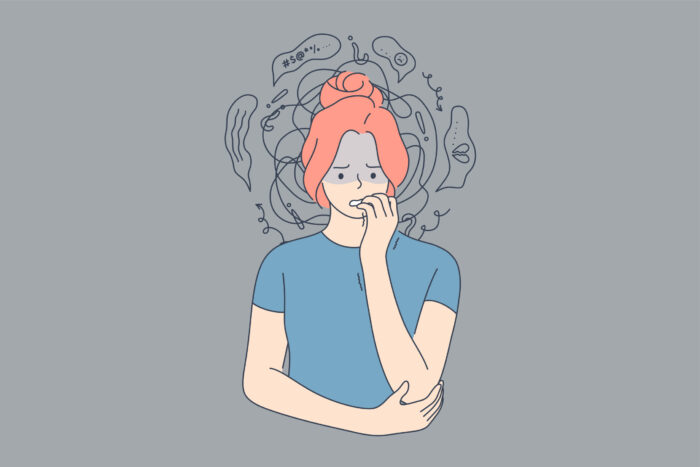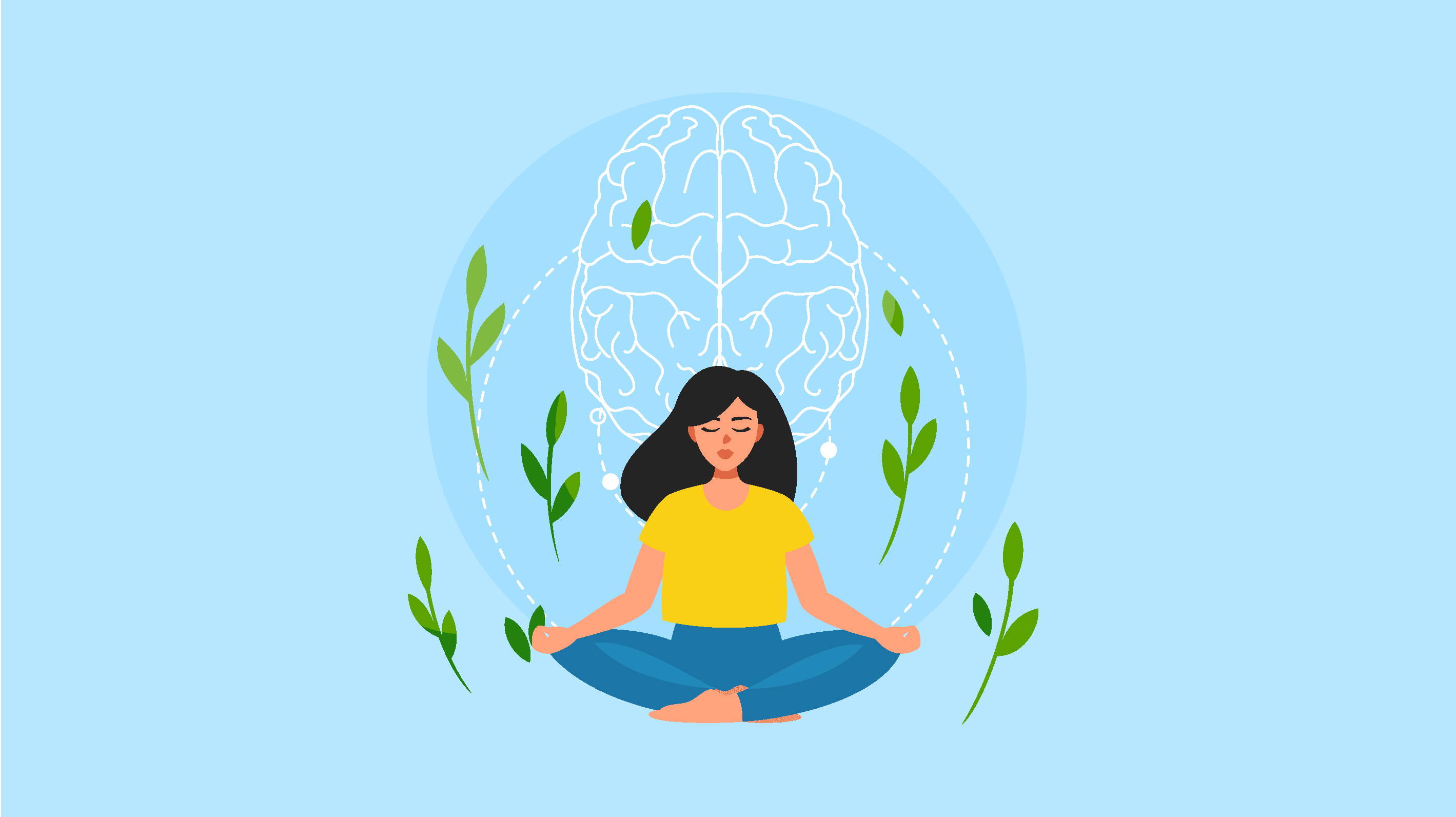Are you feeling down? You’re not alone, but the good news is that the world of depression treatment is no longer limited to the traditional pill or couch approach. Enter Transcranial Magnetic Stimulation (TMS), an innovative therapy that is changing the game for those battling depression, offering a glimmer of hope.
As we dive into the intricacies of TMS, we’ll explore how this non-invasive technique is rewiring brains and lifting moods without the need for invasive procedures or systemic medications. Imagine a treatment that not only lifts the fog of depression but does so by enhancing your brain’s natural functions. With impressive success rates and personalized treatment plans, TMS is carving out a niche as a long-term ally in the fight against this pervasive mental health challenge.
As we unpack the benefits of TMS, we’ll also navigate the practicalities of accessing this cutting-edge therapy, ensuring that those in need can find their way to brighter days.
Understanding TMS: A Modern Approach to Combatting Depression
Depression, a condition that affects millions worldwide, often proves resistant to traditional treatment methods such as medication and psychotherapy. In such cases, Transcranial Magnetic Stimulation (TMS) emerges as a beacon of hope.
As we can read on https://bestmindbh.com/services/tms/, this innovative treatment utilizes magnetic fields to stimulate nerve cells in the brain, targeting the areas involved in mood control. The non-invasive nature of TMS makes it an attractive option for those seeking alternatives to medication, offering a new avenue for relief without the burden of systemic side effects often associated with antidepressants.
The application of TMS therapy extends beyond just symptom relief. It represents a paradigm shift in mental health treatment. TMS encourages the brain to reestablish healthier activity patterns by directly influencing the brain’s neurological pathways. This can lead to a sustained improvement in mood and cognitive function. Moreover, the precision of TMS therapy allows for targeted treatment, which is a significant advancement over the often undefined approach of systemic medications that can affect the entire body.
As research continues to unfold, the potential of TMS therapy in treating depression becomes increasingly evident. Clinical trials have demonstrated its efficacy, particularly in cases where patients have not responded to other treatments. The promise of TMS lies not only in its effectiveness but also in its ability to provide a non-pharmacological alternative for managing depression. This is particularly important for individuals who are unable to tolerate medication or for whom medication poses significant risks or contraindications.
The Non-Invasive Nature of TMS Therapy: A Safer Alternative for Patients
One of the most significant advantages of Transcranial Magnetic Stimulation (TMS) therapy is its non-invasive approach, which is a safer alternative for patients. Unlike medication, which can come with a host of side effects, or invasive procedures like electroconvulsive therapy, TMS does not require anesthesia or sedation, and patients can resume normal activities immediately after each session. This aspect of TMS is particularly beneficial for individuals who are sensitive to medications or prefer to avoid the systemic effects of pharmacological treatments. Furthermore, the checklist for TMS candidacy is straightforward, focusing on treatment-resistant depression, absence of metal implants in the head, and no history of seizures, making it a viable option for a broad range of patients seeking effective depression management.
Personalized Treatment: Tailoring TMS Therapy to Individual Needs
The efficacy of TMS therapy in treating depression hinges on its ability to be customized to the unique neural rhythms of each patient. By adjusting parameters such as the magnetic pulse’s frequency, intensity, and location, clinicians can optimize the treatment for the individual’s condition. This personalization enhances the therapeutic outcomes and minimizes potential side effects, making it a highly tolerable form of intervention. Conclusive evidence suggests that patients who receive a tailored TMS experience often report a more pronounced reduction in depressive symptoms, underscoring the importance of a personalized approach in the management of depression.








Leave a Reply
You must be logged in to post a comment.